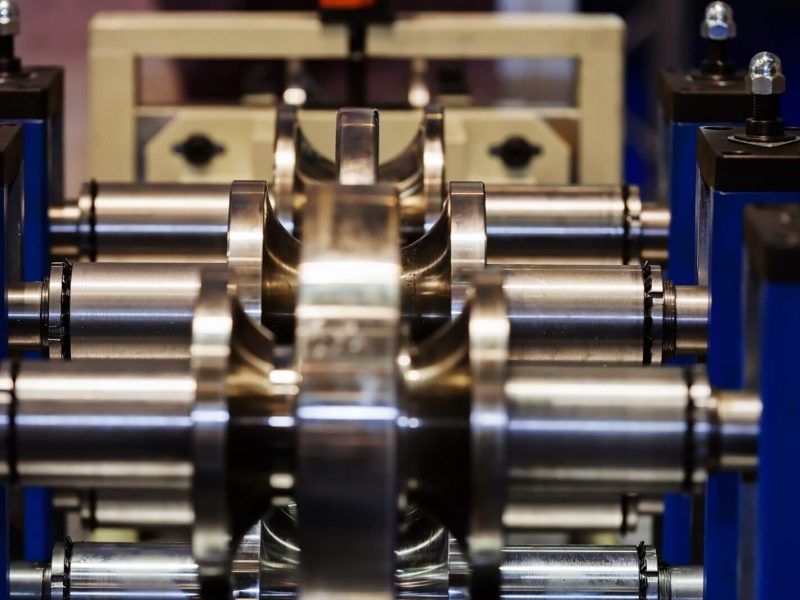
In manufacturing, precision is not just a luxury – it’s a necessity. Whether you’re producing automotive components, medical devices, or aerospace parts, the level of accuracy and consistency you can achieve directly impacts the quality and performance of the final product. One of the key concepts that define precision in manufacturing is tolerance.
What Are Tolerances?
Tolerances are the allowable variations in the dimensions of a part. Instead of aiming for perfect measurements (which is nearly impossible), tolerances define a range within which a part can deviate while still being functional. For example, if a part is supposed to have a diameter of 50 mm, a tolerance of ±0.05 mm means that the actual diameter could range from 49.95 mm to 50.05 mm and still meet the required specification.
Why Tolerances Matter
- Functionality and Performance Tolerances ensure that parts fit together correctly and work as intended. For example, in an engine, even slight deviations in the size of a component could lead to poor performance, excessive wear, or failure. Precision ensures that moving parts align and operate smoothly.
- Quality Control Tight tolerances are often a sign of a high-quality manufacturing process. They help maintain consistency across production runs and reduce the chance of defects or parts that don’t meet specifications. This is particularly important in industries like aerospace and medical devices, where failure is not an option.
- Cost Efficiency Achieving the right tolerances can also impact cost. While extremely tight tolerances may improve part quality, they often require more expensive machines and longer production times. On the other hand, too-loose tolerances can result in poorly fitting parts, which may require rework, increasing costs. Striking the right balance between precision and cost is key to efficient manufacturing.
- Customer Satisfaction Meeting or exceeding the required tolerances is crucial for maintaining customer trust and satisfaction. In many industries, customers expect a high level of precision, and any deviations could lead to dissatisfaction or even safety concerns.
Tolerances play a critical role in ensuring that parts fit, function, and meet the required standards. By understanding the importance of precision and working within the right tolerances, manufacturers can create high-quality products that perform well, meet customer expectations, and reduce costs. In the world of manufacturing, a small deviation can make a big difference – and that’s why precision matters.
